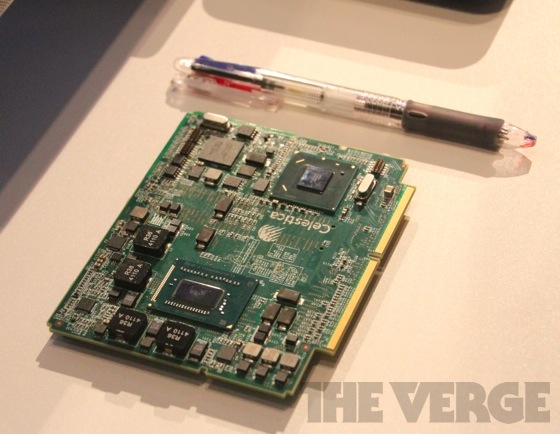Eureka
Diamond Member
- Sep 6, 2005
- 3,822
- 1
- 81
Intel killed nothing. If people are so interested in OC'ing for the sake of increasing the value of their budget build then they will buy an AMD rig and OC to their delight.
The people get what the people want, they vote with their wallets and they voted that they want better value with stock processors that don't require OC'ing just to get performance.
If that wasn't the case then AMD would find themselves with far more customers than they have as of late. That isn't Intel's fault, that is the consumer steering the market to give it what it wants.
And if BGA desktops take off with volume ramps because consumers buy them up too then that will just be a repeat of the same.
Consumers did not want rambus ram, or netburst, and it showed. Consumers don't want to have to OC their budget CPUs to get the value out of their PC, they want the value to be there at stock clocks, and it shows by how they spend their money.
I have a hard time faulting the consumer, or Intel for the way the market is evolving. It just is what it is, whether I like it or not I am merely along for the ride.
I think you've hit the nail on the head. The problem is, we're on an enthusiast board and most people here see themselves as the primary market (and when you're surrounded by like-minded people, it's hard to see otherwise). Simply put, the mainstream market doesn't care about customizability, or expansion. They will never open the case of their computer in its entire lifetime. They rather see cost-cutting efforts that end up in a cheaper, faster computer. The majority of people I know would rather see tiny cube desktops than hulking towers. If intel believes that's the best way to approach this requirement, they will do that.
I doubt custom gaming PCs will ever shoot up to a crazy price range. The fact is, the market's been here for nearly two decades now, and prices have been stable ever since. Top end PCs range from $1000-2000; any more and the market substantially disappears. There's always going to be an option in that range to fill that niche, and they're not going to suddenly drop the availability of that. If nothing else, I think we would be seeing more custom boards or pre-fabbed motherboard/cpu combos, if it ever came to solder-on chips. Quite honestly, even most enthusiasts never change the CPU, motherboard or RAM without changing out the other two.
That, or they'll release special socket-versions of the same chips for the small market who really wants it. Enthusiast-level parts are already made in such small volumes that it's already a niche product independent of the consumer level builds.




